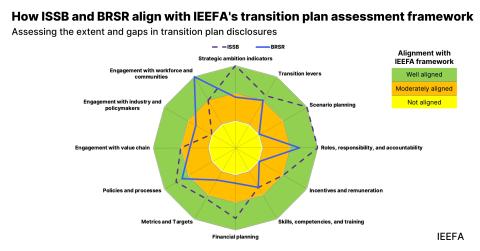Vietnam’s PDP8 pause is an opportunity to improve market structures
Download Full Report
View Press Release
Key Findings
Vietnam’s Power Development Master Plan for 2021-2030 with a vision to 2045 (PDP8), was expected to be signed off at the end of March during the last days of Prime Minister Nguyen Xuan Phuc’s administration, but it hit an unexpected delay. Rather than being a setback, however, this delay can be an opportunity for Vietnam’s policymakers to reset and improve market structures.
The approval process for finalizing PDP8 was extended through June, raising important questions about how policymakers will contend with the rapidly shifting energy sector landscape.
Executive Summary
The past 12 months have been a period of intense activity for Vietnam’s power sector. The planning process surrounding the Power Development Master Plan for 2021-2030 with a vision to 2045 (PDP8) has dominated headlines as project sponsors have scoured the country to confirm business partners, project sites, and potential allies in advance of a sign off from top government officials that was expected at the end of March, the last days of Prime Minister Nguyen Xuan Phuc’s administration. This has resulted in a highly public lobbying process as project sponsors and relevant officials jockeyed for attention to raise the profile of potential projects. The process hit an unexpected delay in late March, however, as the approval process for finalizing PDP8 was extended through June, raising important questions about how policymakers will contend with the rapidly shifting energy sector landscape.
The intensity of the lobbying process is a fair reflection of the scale of the business opportunities and the expectation that PDP8 will set Vietnam’s power development program for the next 20 years. Vietnam remains South East Asia’s most attractive energy growth market, with 68GW of new capacity expected to be added to the system between now and 2030 under a base case scenario.
So far, there have been three key drivers of this process: a pivot from coal to gas, the growing importance of renewables, and a sea change in funding patterns.
Please view full report PDF for references and sources.














